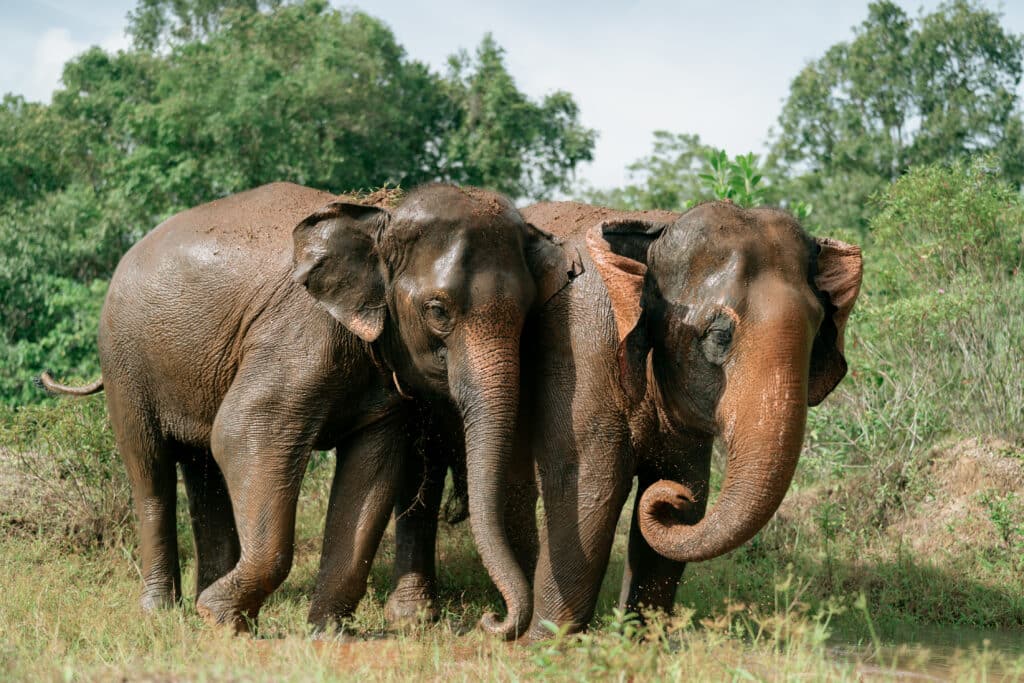Post
What does it mean when an elephant flaps its ears
Help Them Hear The Environment Around Them
At the time these animals started to live, there were no electronic devices, no advanced medical equipment, and there was no one that would take care of them. Because of this, many of these creatures had to rely on their instincts and senses to protect themselves.
When the ears are flapping, they can help amplify the sound of the environment around the elephants and help them stay aware of their surroundings.
The elephant’s body language is very important in an environment where predators lurk; it helps to keep the herd safe and sound.
To Show What They Feel
You probably already know that elephants are very emotional creatures that are capable of showing a wide range of feelings and expressions, but did you know that their ears express them as well?
When an elephant is angry or very upset, you’re likely to see them flapping its ears. When they want to show other herd members that they’re happy, they’ll flap their ears and make loud noises, or even do both at the same time.
To Show Their Age And Rank In The Herd
The ears of elephants are very unique. They’re the main way that we can tell the age of each member of the herd. When a baby elephant is born, they have small ear flaps that are only a few inches long.
As they get older, they sprout larger and larger ear flaps each year until they reach their full size.
When you see an elephant that has large ear flaps, they’re likely a very mature and perhaps even elderly member of the herd.
They May Be Expressing Discontent
When you see an elephant that has very small ear flaps, likely they’re not very happy about something. It’s similar behavior to swaying for elephants. If you see one that is flapping its ears with small flaps, be very careful and try to avoid it as best you can.
An elephant that is unhappy with you or your actions may very well lash out. This can cause serious injuries or even kill you.
How Often Do Elephants Flap Their Ears?
The frequency at which an elephant will flap its big ears depends greatly on the climate they’re in and what time of year it is. When it’s very hot out, you’ll most likely see it a lot. When it’s cooler, you’ll see it less often. This is because it’s easier for the body to cool itself off when it’s not as hot out.
When it’s very cold outside, you’ll see elephants flapping their ears less frequently because they’re trying to keep warm and don’t want to lose excess body heat that could otherwise be used to keep them warm.
Book : https://lantaelephantsanctuary.com
Facebook : https://www.facebook.com/lantaelephantsanctuary
Instagram : https://www.instagram.com/lanta_elephant_sanctuary/

